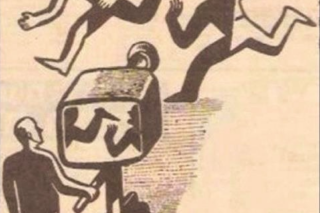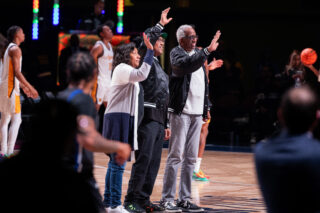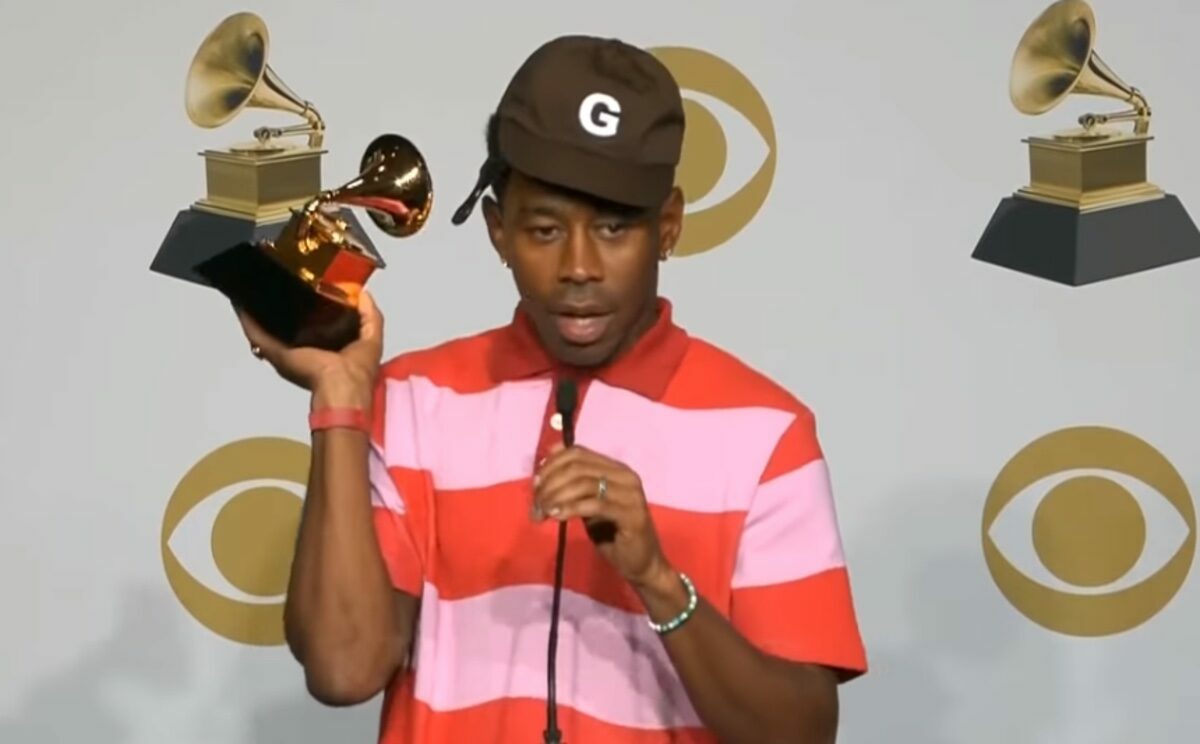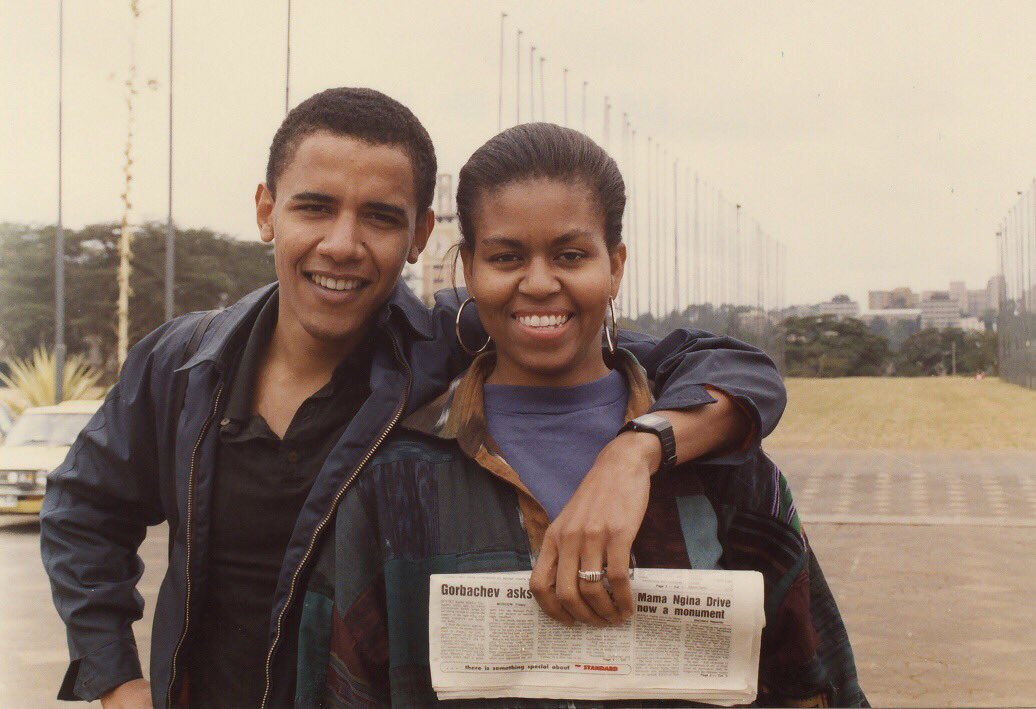Lilac Burrell, Features Editor
Tyler, the Creator put on a show at the 2020 Grammys with “New Magic Wand” and “EARFQUAKE” next to Boyz II Men and Charlie Wilson and was later awarded the 2020 Grammy for Best Rap Album. Tyler’s award seems like a ray of light through yesterday’s darkness, yet this accolade is a regressive step for Black creatives because IGOR isn’t a rap album.
“On one side, I’m very grateful that what I made can be acknowledged in a world like this,” Tyler the Creator said at the end of the 2020 Grammy Award show. “Also, it sucks that, and I mean guys that look like me, do anything that’s genre bending or anything they always put it in a rap or urban category.”
Tyler was given his first Grammy nomination in 2018 for Best Rap Album with Flower Boy. The hip-hop and rap influences on Flower Boy are clear, but IGOR lands in a different category.
IGOR was a new territory for Tyler. This territory is barely rap and exists on a spectrum of alternative R&B. Tyler, the Creator even released a disclaimer explaining how to approach IGOR before it was released in May.
His note explicitly shared how IGOR would be like nothing before and it definitely wouldn’t be a rap album. Calling it “rap” is a discredit to Tyler’s creativity, artistic intentions and the rap genre as a whole.
The issue lies in the classification of Black music as hip-hop and/or rap where it clearly exists in entirely different genres. Tyler’s at a turning point in his career where he’s not making the music that brought him to notoriety. Tyler, the Creator isn’t focused on rapping as much as making multi layered music. Tyler’s trying new things by making mosaic music that colors new emotions and paints vivid moments for his growing audience.
This brings the discussion of whether art is for the artist or the audience. If Tyler didn’t consider IGOR as a rap album, then why did the Recording Academy acknowledge it as such?
It’s disrespectful. By labeling artists and pigeonholing them into misrepresentative genres, award shows ignore the full reach, influences and intent that artists pour into their creations. Just because an artist is Black and started their career in one enclave neither nullifies nor minimizes their capacity to stretch their expressive reaches.
Unfortunately, the academy has different intentions for artists who deviate from norms. Tyler’s win and nomination are another instance where award show authenticity is questionable. Academies are extremely selective when classifying Black art and entertainment unless the selections have Black characteristics by white standards.
Tyler’s nomination seemed racially biased rather than legitimately motivated to honor his work. IGOR’s genre-bending approach could have made it a contender for Album of the Year. Tyler accepted the award gratuitously, yet he even recognized that the nomination felt disingenuous considering how far he’d grown away from what’s accepted as rap music.
“I felt like half of me feels like the rap nomination was a backhanded compliment,” Tyler, the Creator said.
Now more than ever, creatives must be cognizant that award shows aren’t for the people. These awards shows’ attempts at inclusion and diversity are divisive where they structure race-dependent categories for success. They show inherent anti-blackness by their decisions that attempt to stagnate Black creative’s capacity to drive culture.
In this new decade, audiences must decide whether they’ll accept Black expression being stifled by standards of the old paradigms or ignore outdated conventions and define creative success by new standards.















